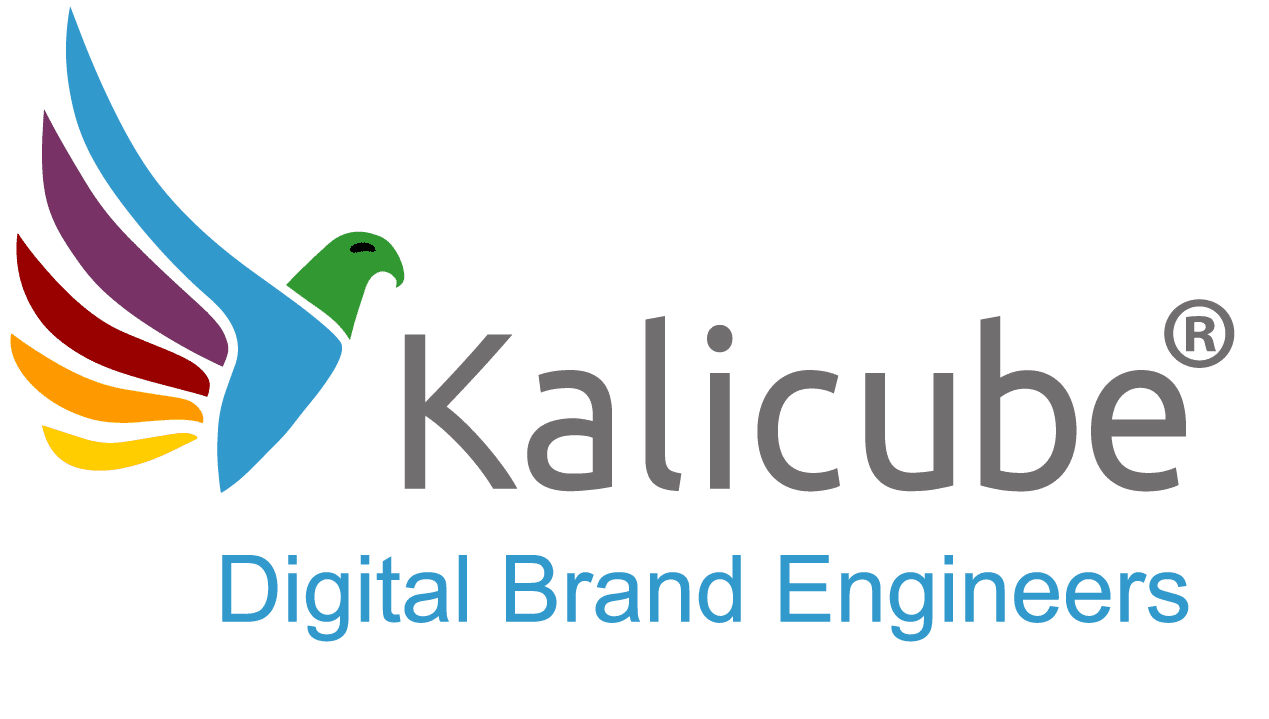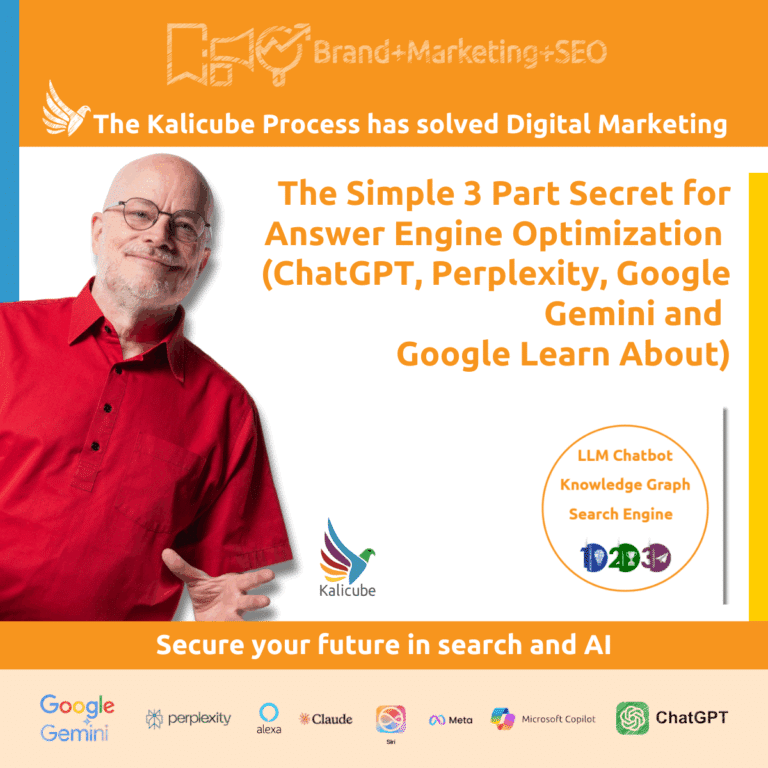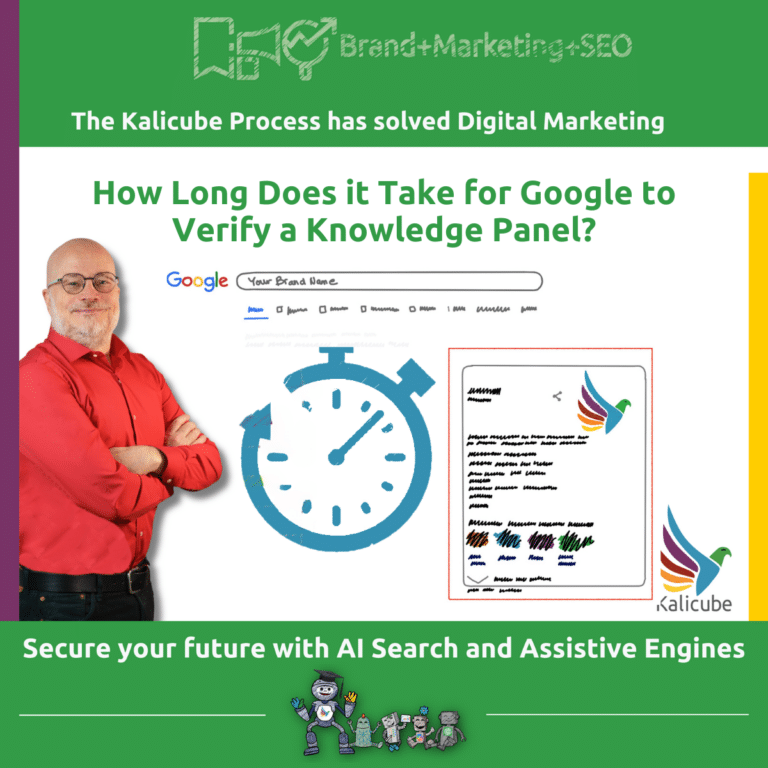Managing the Elements of a Knowledge Panel – the Evolution of a Knowledge Panel
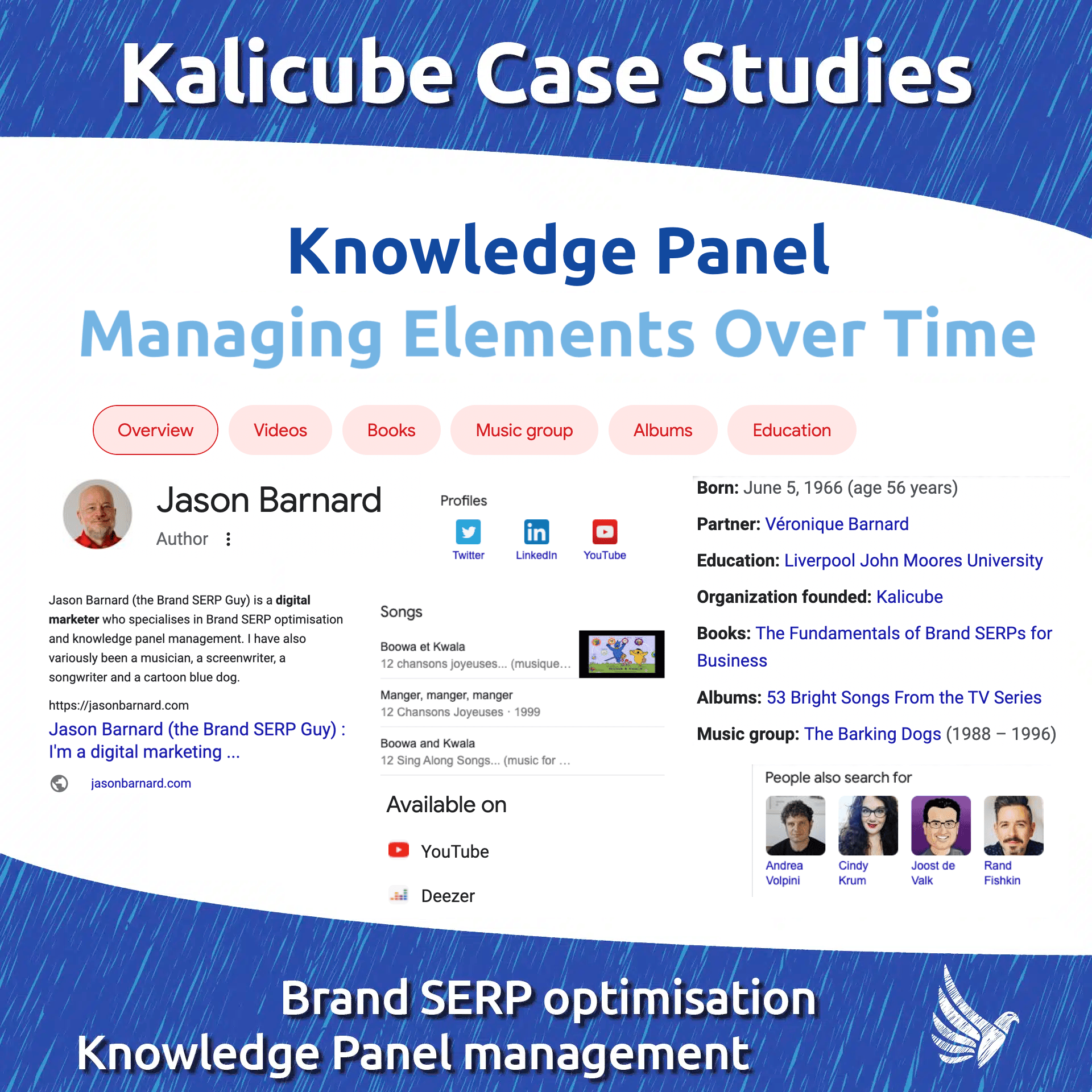
In this article, I show the evolution of my Knowledge Panel over the years. The evolution is in reverse order, starting with what we have now, and working back in time – so skip to the bottom to see where is started.
I work hard improving my Knowledge Panel. This article will be updated as I achieve improvements so, much like the Knowledge Panel, it is a continuous “work in progress”. Importantly, all Knowledge Panels are a constant work in progress since information about the entity changes, Google’s algorithms evolve and new features are added to Knowledge Panels by Google all the time. Here’s an article about why you should manage your Knowledge Panel over the years >>
As you’ll see, recent changes have been more impressive and more frequent. This is because
- Google has been introducing more new features;
- the more Google learns about an Entity, the easier it is to feed it new information about that Entity;
- the Kalicube® Process has improved immeasurably in the last two years.
2023: Knowledge Panel Ambitions
In the coming months we want to:
- Change the subtitle to “Founder and CEO of Kalicube®“
- Improve Knowledge Panel internationally
- Replace the Google Books Description with one from my own site
- Get the Knowledge Panel Cards back (see September 2022 below)
- Add more Filter Pills on the initial Brand SERP
May 2023: Knowledge Panel Cards
Knowledge Panel Cards are now more or less stable. They change colour from time to time. Over the last months, mine have changed from red to grey and now blue. The attributes have been coming and going – Google is experimenting. The stable attributes are: Born, Partner, and 53 Bright Songs from the TV Series. The last one is interesting – I have recorded 6 music albums, and that is the one Google associates most closely with me? Why? Because that is the one I have worked hardest to optimise for knowledge.
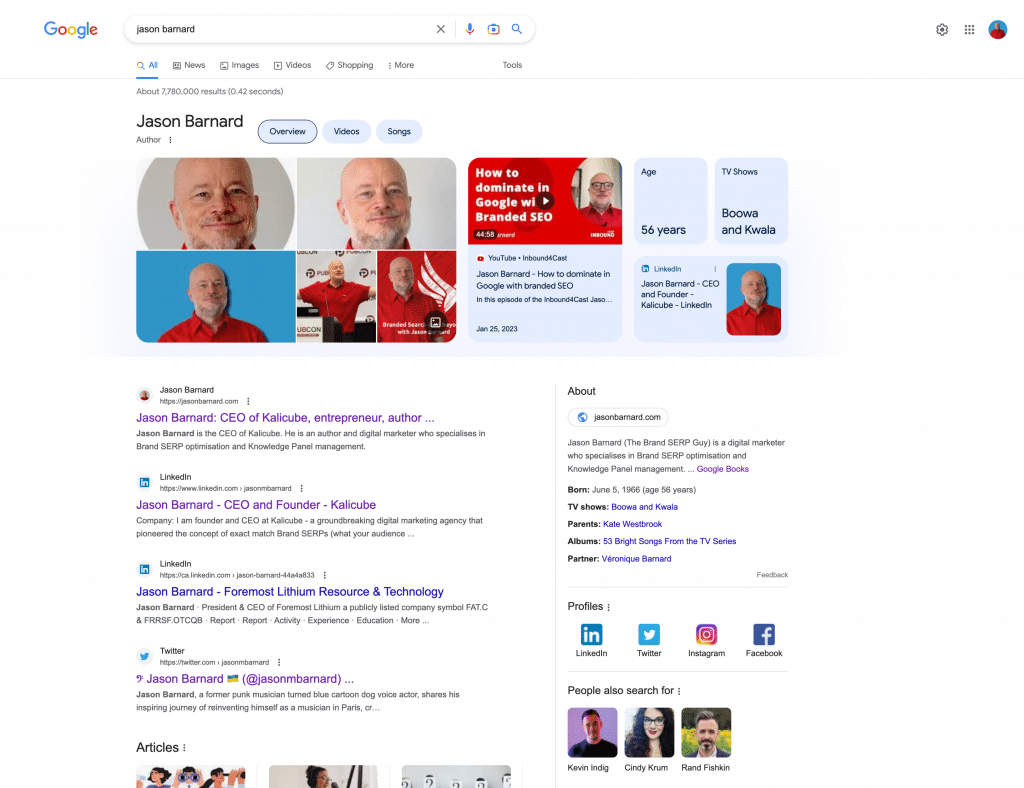
October 2022: Additional Attributes
The more Google learns about an Entity, the easier it is to teach “Google the Child” and expand its knowledge. Not all of these attributes appear on the initial search on my name, but by clicking on an associated entity (Véronique Barnard or Boowa & Kwala, for example), then you get these additional attributes: the book, company, university and music group (this is called Knowledge Panel Hopping).
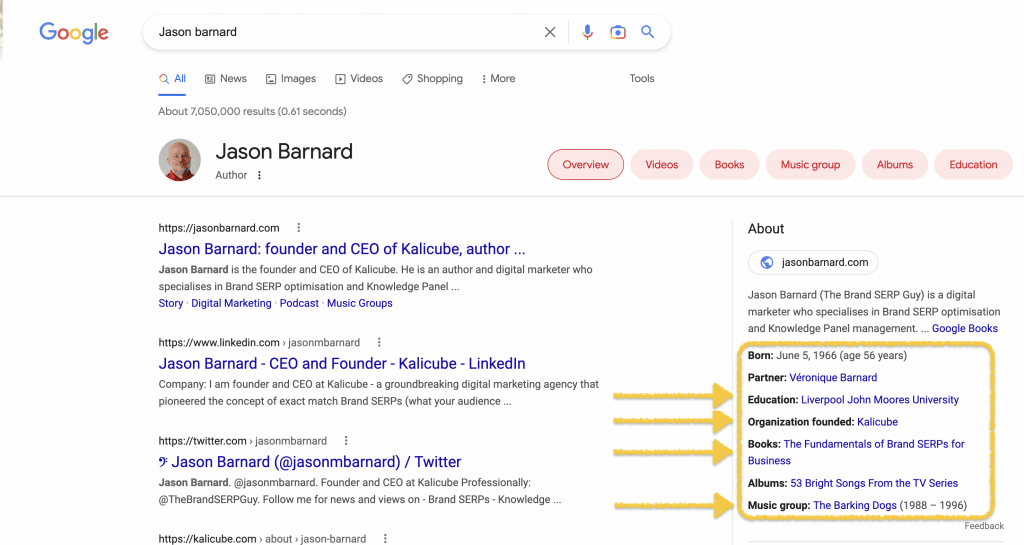
September 2022: Knowledge Panel Cards
In September 2022, Google introduced Knowledge Panel Cards as an experiment and, because I have been keeping my digital ecosystem clean and consistent, Google gave me these rather groovy Knowledge Panel Cards.
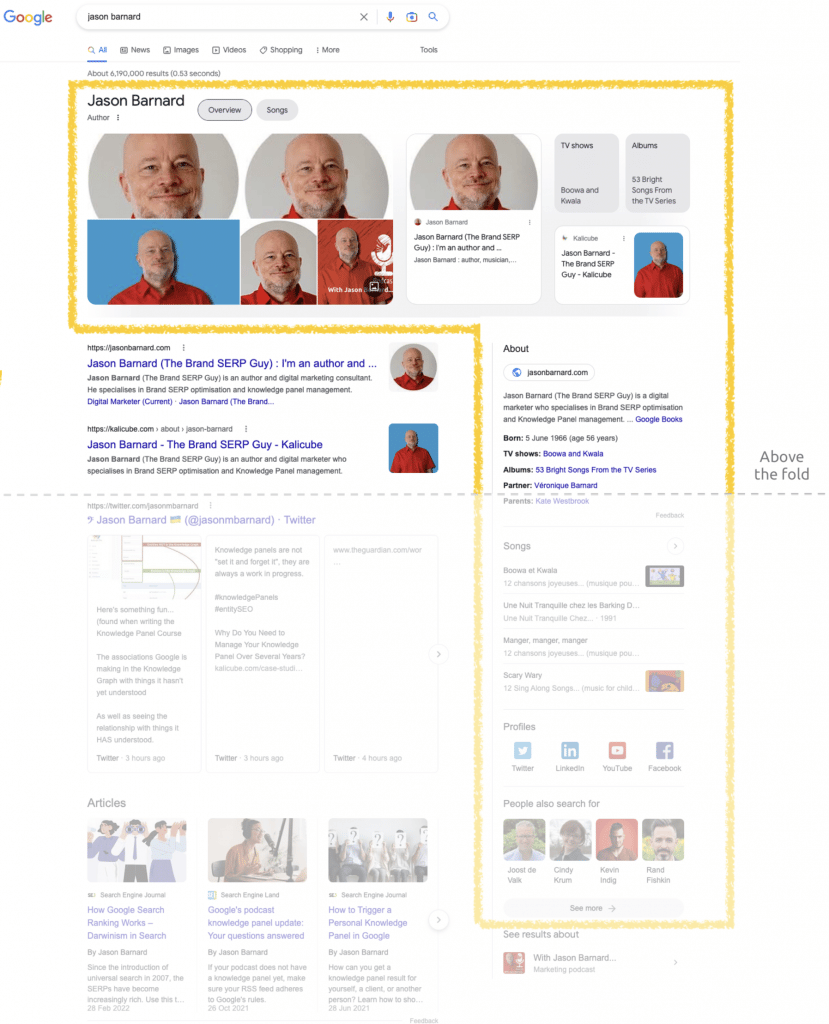
They are currently (September 2022) limited to people. Usually famous people. And they are an experiment that only some Google users see.
But I am confident these will become commonplace and ultimately inescapable for people, and also companies, products, music groups… this is starting to look like a “Google-stamp-of-approval resource centre”.
June 2022: Additional Filter Pills
Google added more Filter Pills for my Knowledge Panel. At one point, there were 6 on the direct Brand SERP. That has since reduced to three on the initial search and 6 after a little “Knowledge Panel Hopping”.
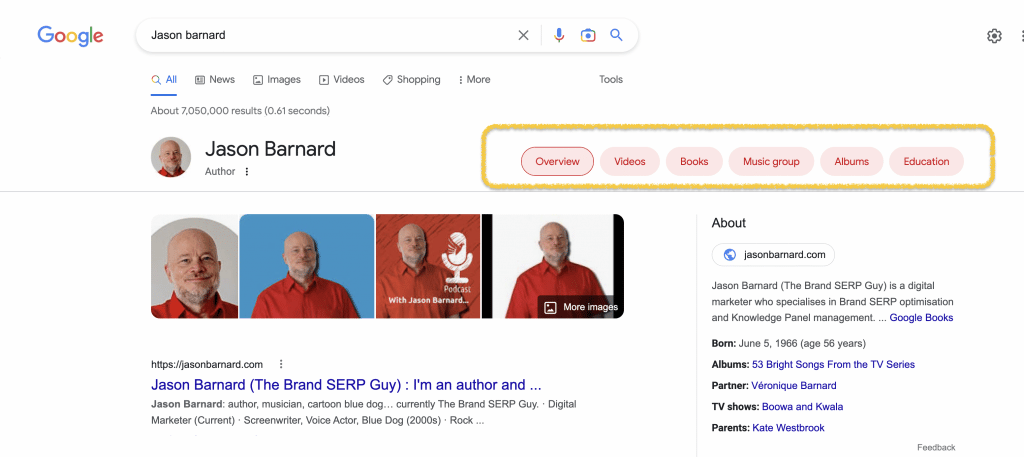
February 2022: Filter Pills
Google introduced Filter Pills for Person Knowledge Panels in the US. They went worldwide in October 2022. Because I have been keeping my digital ecosystem clean and consistent, Google gave me Filter Pills (what we can call “Vertical Brand SERPs“) right at the start of the 9-month rollout.

September 2021: I Own the Description
A little over a year after the Wikipedia disaster, I got my own description from my own site to show in the Knowledge Panel. That HAS to be the ultimate aim for any person or company. Interestingly, when my book was published on Google Books, the Google Books description replaced mine. As with Wikipedia, you hand control of some aspects on your Knowledge Panel to a dominant source.
The concept of “absolute dominant sources” is diminishing, and is something we expect to master in 2023 at Kalicube®.
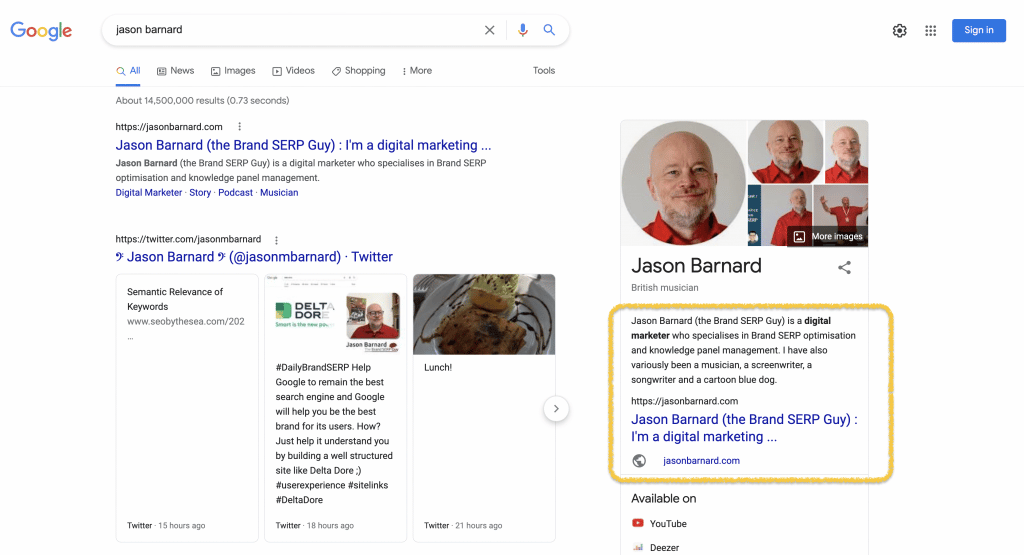
February 2021: Changing PASF
Without Wikipedia dominating Google’s understanding of my Entity, there was less information in the panel, but I could more directly manage the contents through the Entity Home.
That is a HUGE win. The Entity Home give you control at the expense of third party sources.
The description on Search Engine Journal is one I wrote and is highly relevant to my current work. Plus, as Google’s understanding of my CURRENT topicality, the PASF are now relevant to my current work, rather than my historical work. MUCH better for credibility for my digital marketing audience.
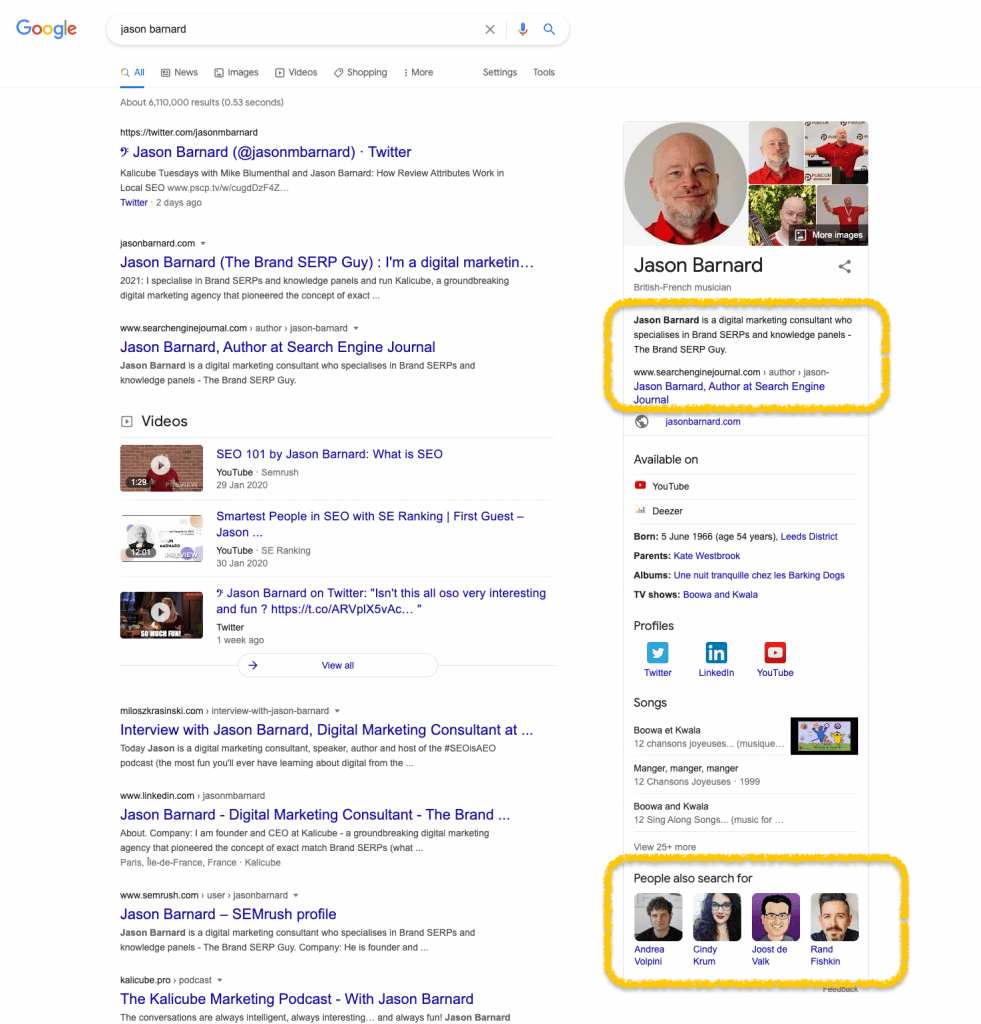
September 2020: Post Wikipedia Recovery
After the Wikipedia disaster I worked on my Entity Home to recover the Knowledge Panel. It took two months of hard work. And provided me with a LOT of learning. Without the Wikipedia article, Google used the most authoritative topically relevant source it could find for me – SEMrush. This is the start of a TRUE understanding of Topical Authority that Wikipedia often lacks.
Talking of which, at this time, the People Also Search For are not relevant to the current topic – they are based on the cartoon TV series I made with Véronique and entities related to my music career. Obviously a HUGE problem for credibility and E-A-T 🙂
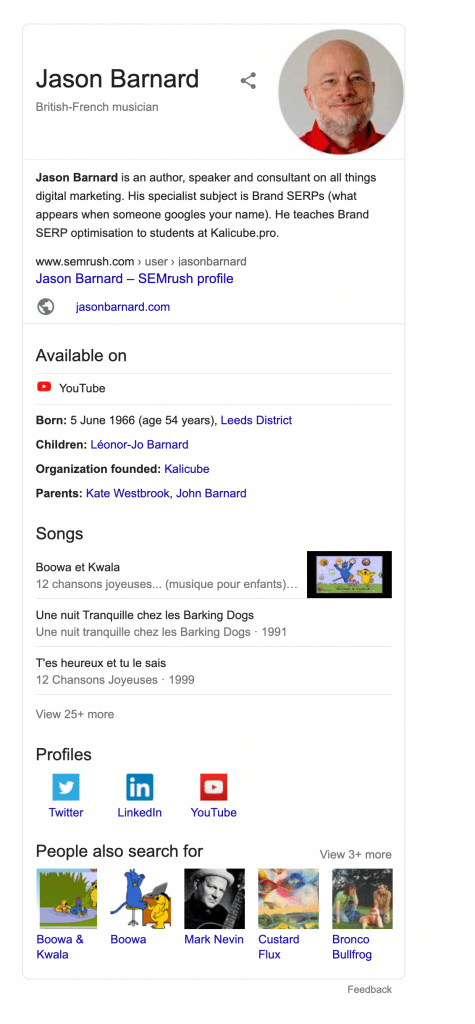
July 2020: Wikipedia Based Knowledge Panel
Up to July 2020, I was using Wikipedia to manage my Knowledge Panel. Many people and companies do this. Seems smart, but is (in retrospect) a HUGE mistake.
With a Wikipedia page, managing the Knowledge Panel was child’s play. I could change the information in the Knowledge Panel by editing Wikipedia. A VERY simple cause->effect.
Note that this no longer holds true. Google continues to use Wikipedia as a trusted source but information on Wikipedia is longer sufficient, and can be overridden. Additionally, Rand Fishkin pointed out to me that handing over your brand message to faceless Wikipedia editor isn’t necessarily a good idea.
You’ll note that the Entity Home is there – the Entity Home is visible in a Knowledge Panel as a world icon and my domain name. But the Entity Home provided no control on the contents or Google’s understanding of the Entity. Wikipedia had control.
Luckily for me, because I had been editing the Wikipedia page myself, the admins deleted it and my Knowledge Panel disappeared. Initially I was upset – my ego took a hit – but that set me off on learning to creating Knowledge Panels without Wiki, which is a HUGE advantage short, mid and long term.
Note: rebuilding a Knowledge Panel after a Wiki-deletion is 10x harder than building one without Wiki in the first place. You have been warned!
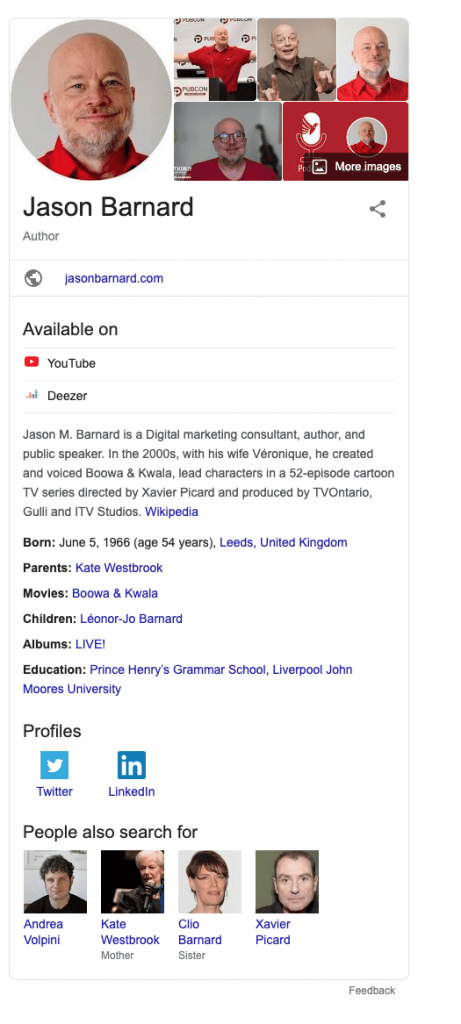
Let Kalicube guide you on your Knowledge Panel’s journey. Book a call with Jason Barnard today to get started.
